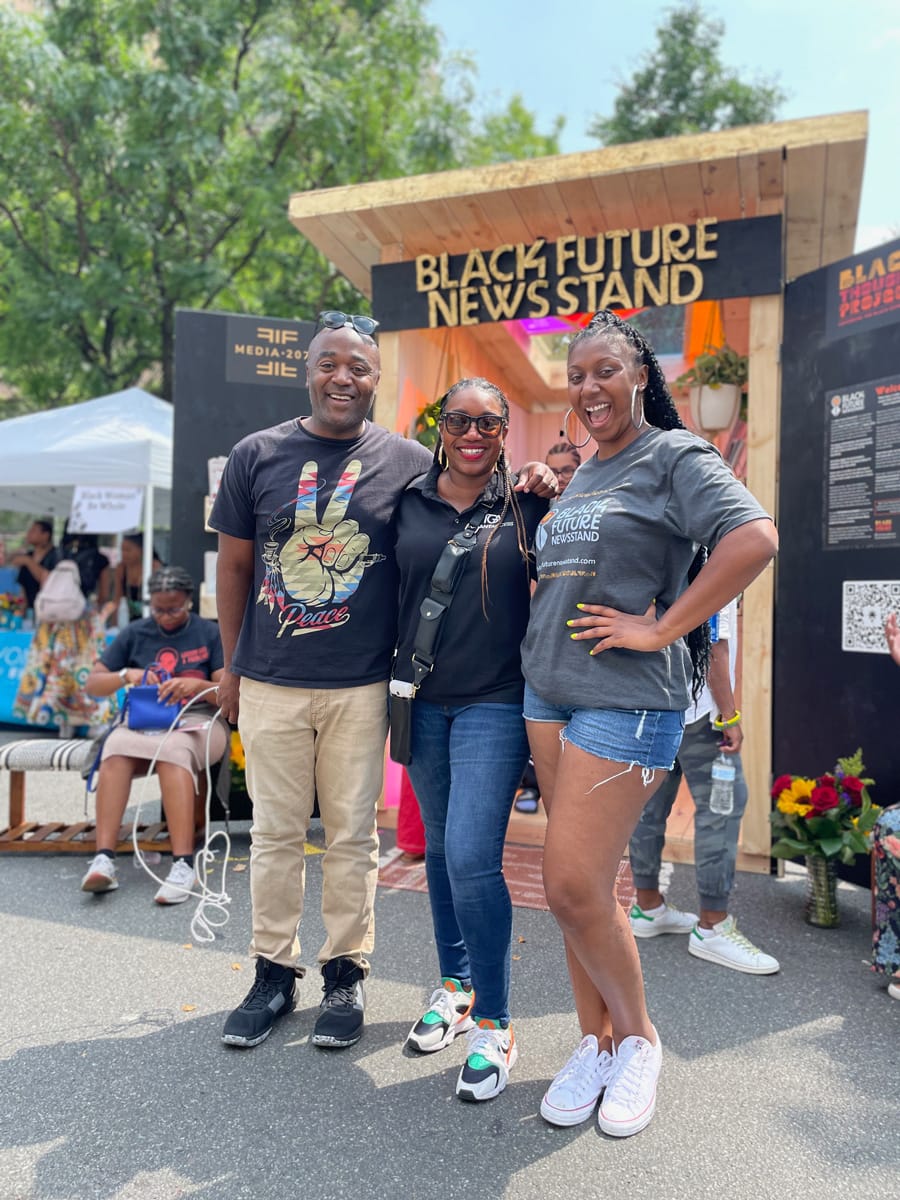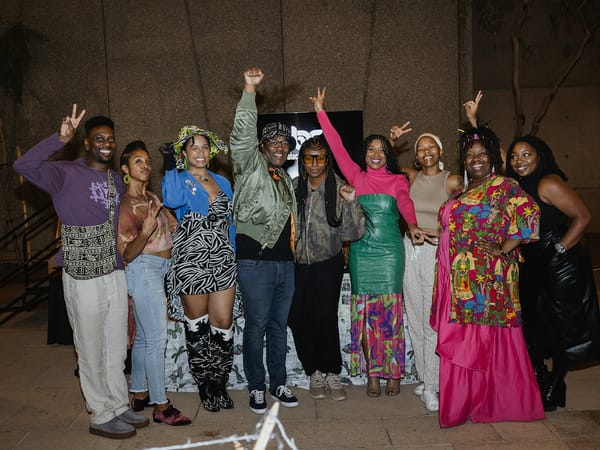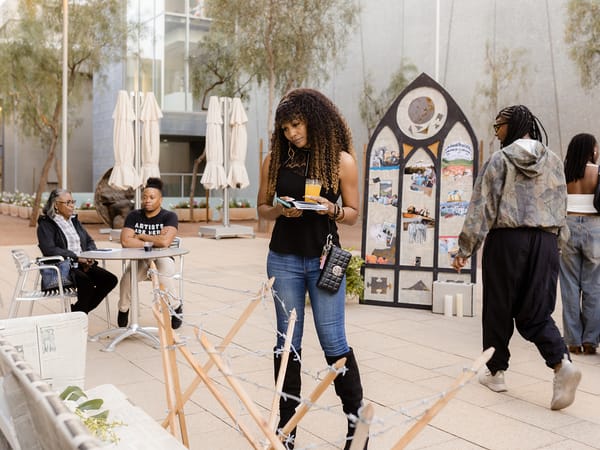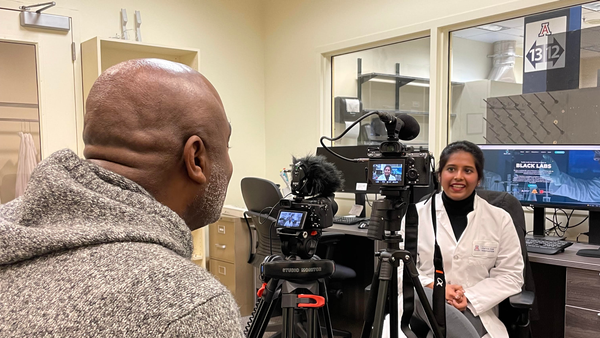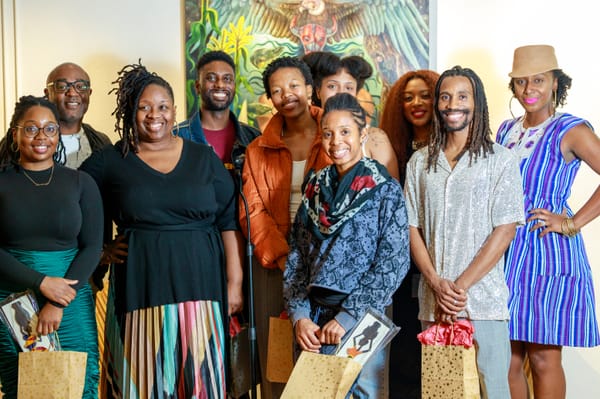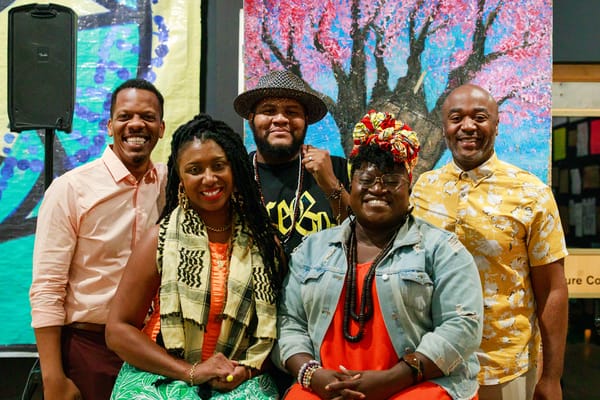A name is never just a name. It is a history, a responsibility, a prayer whispered through time. It is the weight of those who came before us and the possibility of those who will follow. Names shape how we are seen, how we see ourselves, and how we move through the world. But what happens when our names are taken, changed, or forgotten?
Across the Black diaspora, names have been sites of both erasure and resistance. The transatlantic slave trade severed countless people from their given names, replacing them with labels that served the interests of the enslavers. African names, rich with meaning and lineage, were stripped away, and in their place, foreign names were imposed—some meant to diminish, others to mark ownership. Yet, even in the face of this violence, naming remained an act of defiance. Some carried secret names in their hearts, passed down through whispers. Others reclaimed their names after emancipation, choosing words that spoke of freedom, dignity, and self-determination.
Naming is also a practice of creation. In the Caribbean, the Americas, and beyond, Black communities shaped new naming traditions, blending ancestral languages, biblical references, and dreams of the future. Names like Oluwaseun, Malik, Aaliyah, or Kwame are not just personal identifiers; they are statements of belonging, reminders of a heritage that refuses to be erased. Even surnames—often inherited from those who once claimed ownership over our ancestors—have been transformed into symbols of resilience, redefined by generations who carried them with pride.
But names are not only about the past. They are about inheritance—the stories we pass forward. In some families, a name is a bridge across time, connecting a child to an ancestor whose struggles and triumphs shape the present. In others, a name is a reclamation, an intentional return to a lineage once lost. To name a child is to cast hope into the future, to give them something to hold onto in a world that often tries to diminish who they are.
Yet, even today, names remain sites of struggle. Job applications dismissed, resumes overlooked, assumptions made—all because a name carries the weight of a culture some refuse to understand. Black names, African names, non-European names are too often met with resistance, as if their beauty and significance are somehow foreign to the places we now call home. But our names are not foreign; they are rooted in histories that predate borders, in languages that carried wisdom long before colonization redrew the map.
So, what does it mean to carry a name? It means to carry memory, to carry power, to carry the dreams of those who came before. It means to walk with history on our tongues, to introduce ourselves not just as individuals but as continuations of something greater. And when we name ourselves, our children, our futures, we are not just choosing words—we are choosing stories, choosing legacies, choosing to be seen.
What is the story of your name? Who whispered it first? What weight does it carry? Perhaps, in answering these questions, we come to understand not just where we come from but where we are meant to go.


